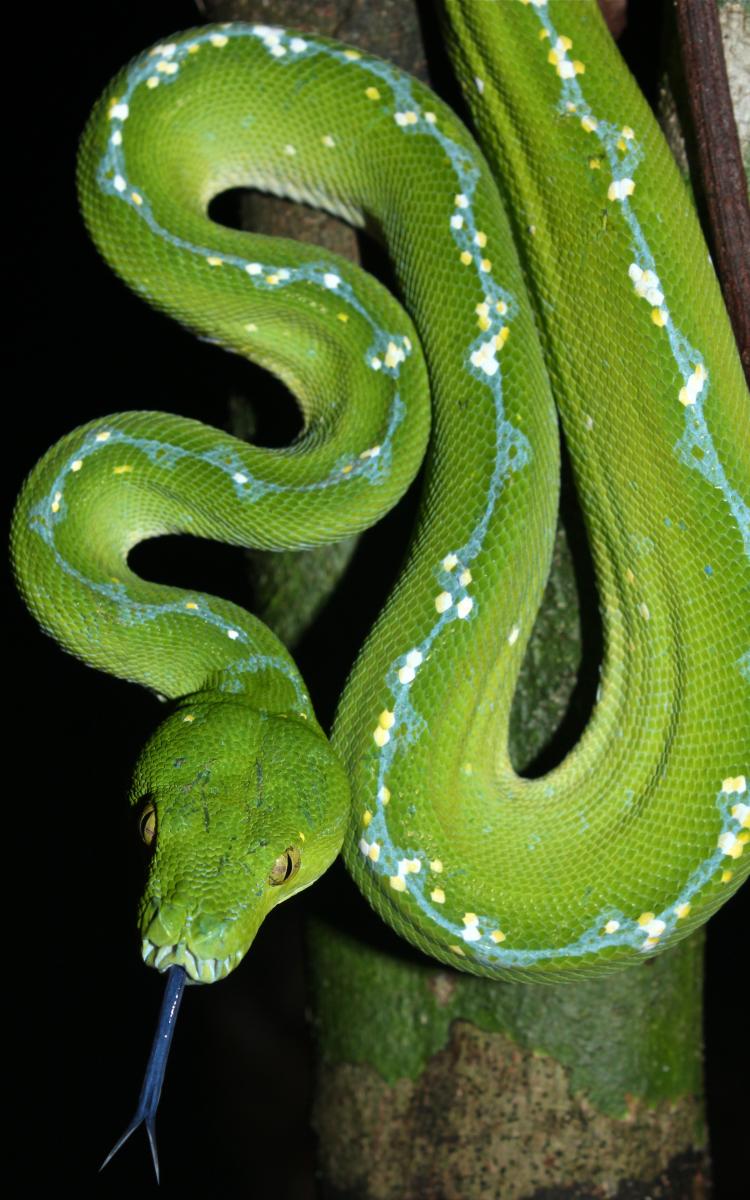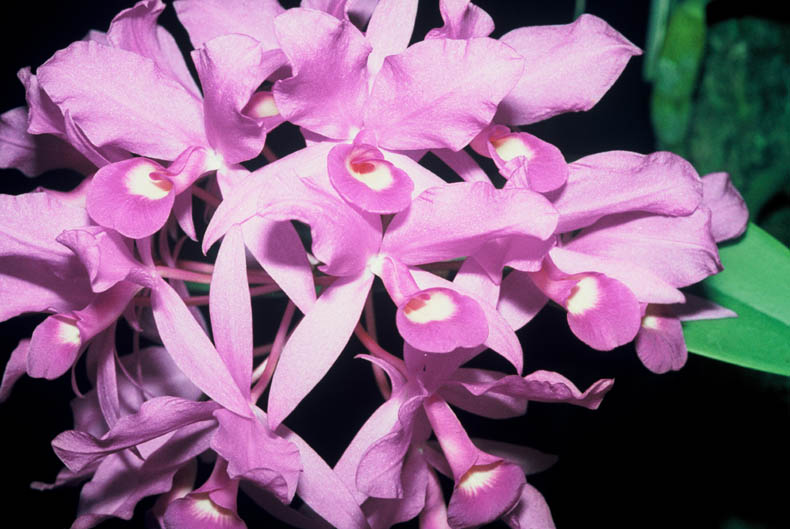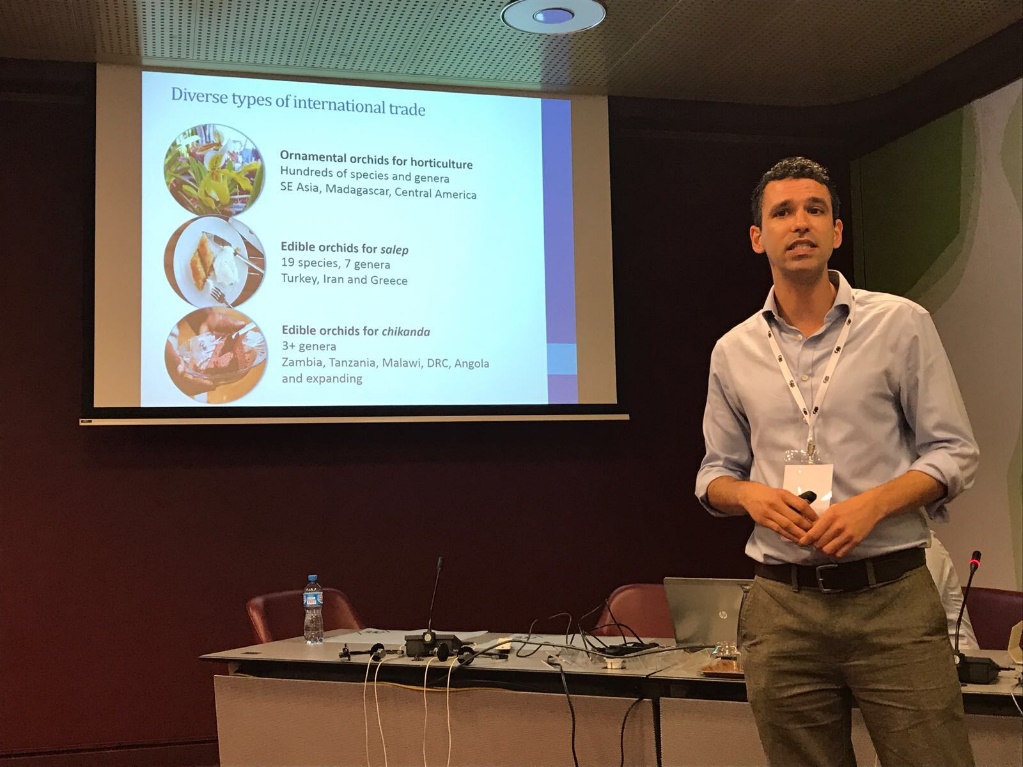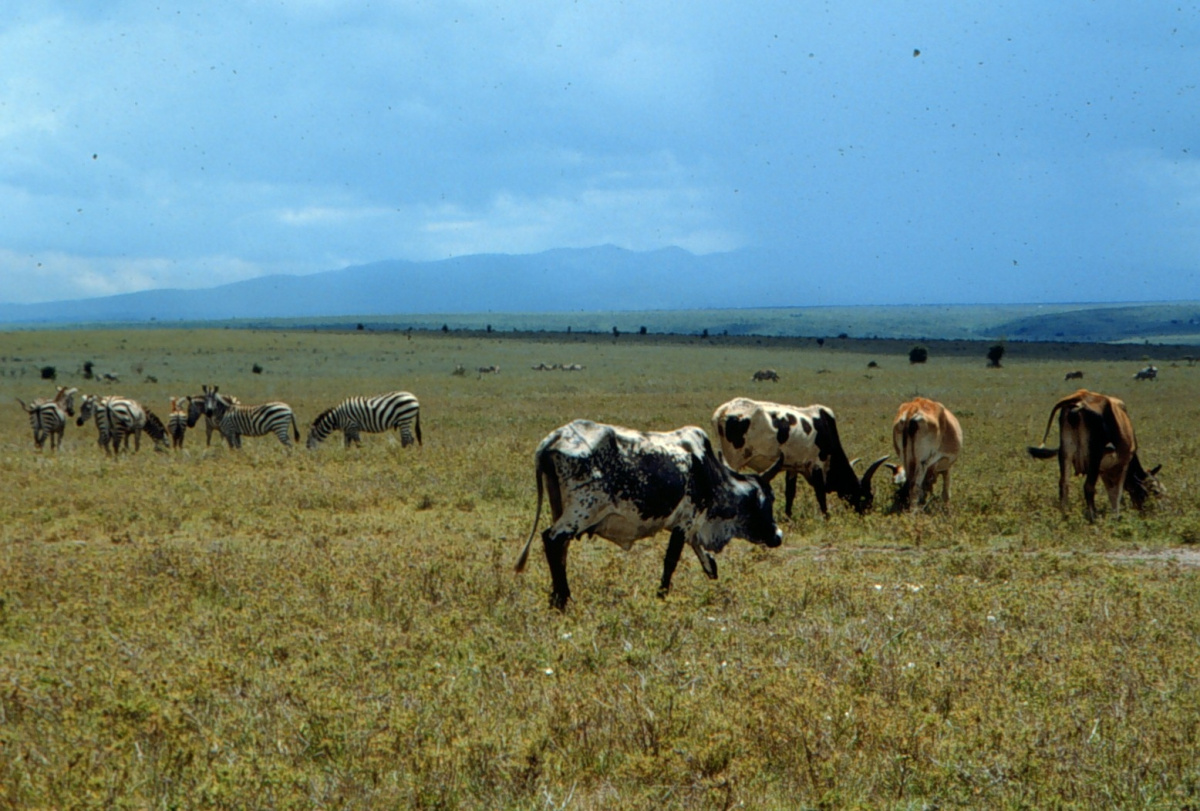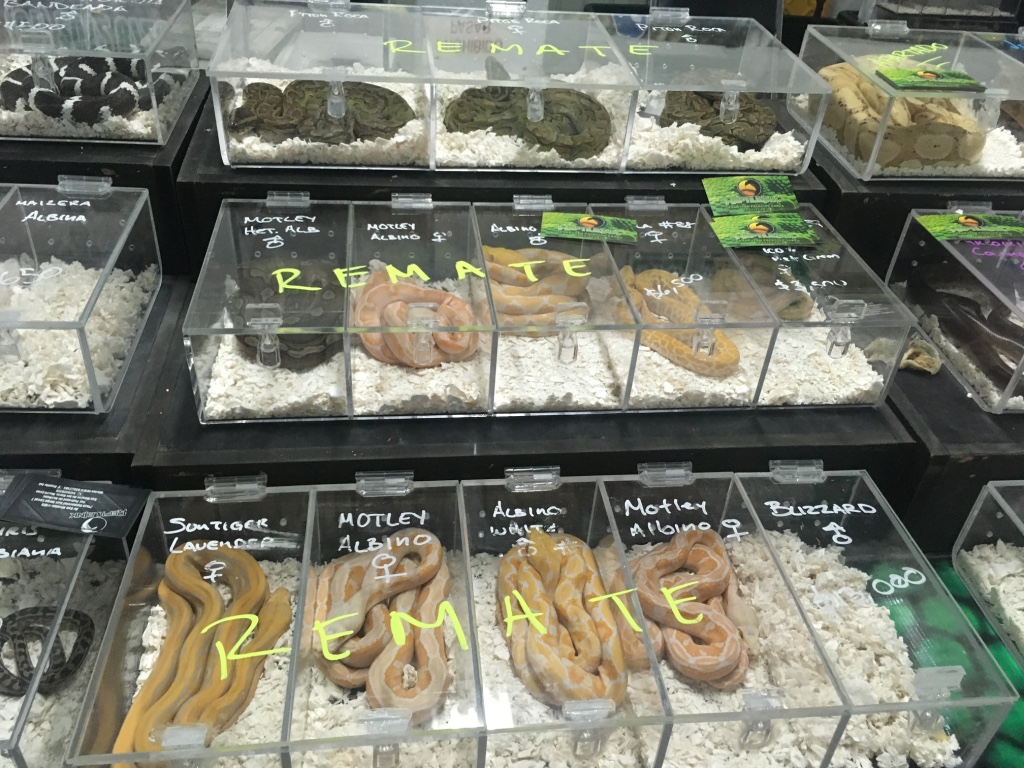IUCN plant and animal experts inform key decisions on trade and sustainable use
IUCN, International Union for Conservation of Nature, informed key decisions on the sustainable use and trade of plant and animal species, including snakes and orchids, at the recent 29th meeting of the Animals Committee and the 23rd meeting of the Plants Committee of the Convention on International Trade in Endangered Species of Wild Fauna and Flora (CITES).
The CITES Animals and Plants Committees provide technical support to decision-making about species listed in the Convention, including scientific advice and guidance to the Conference of the Parties (CoP).
IUCN’s delegation to the meetings included experts on chameleons, cats, snakes, Anguillid eels, tortoises and freshwater turtles, sharks, pangolins, orchids, crocodiles, African rhinos and sustainable use and livelihoods. Their contributions included the provision of scientific and technical information during plenary and working group settings which helped inform the decision-making of these Committees. In particular, IUCN delivered interventions relating to the African lion, leopard, seahorses, boa and pythons, orchids, chameleons, Anguillid eels, and freshwater turtles.
A guidance document on making non-detriment findings (NDFs) for snakes – which should help Parties prevent trade that would otherwise negatively impact on the survival of snake species in the wild – was produced by members of the IUCN SSC Boa & Python Specialist Group. It was welcomed by the Animals Committee and should soon be available on the CITES website. IUCN also contributed to the Review of Significant Trade Process and the new mechanism for reviewing compliance regarding captive-breeding of CITES-listed species, and provided input on the regulation of trade in orchids.
“We are pleased that the Animals Committee welcomed the NDF guidance on snakes, and we hope that the guidance will help Parties ensure that trade is sustainable,” says Dr Dan Challender, IUCN’s Programme Officer on Sustainable Use and Trade. “We are also pleased that the Plants Committee recognised the issue of illegal trade in orchids, which are heavily trafficked in some parts of the world. IUCN’s scientific and policy inputs are vital to supporting countries in establishing measures that do not put species at risk of extinction.”
Millions of snakes are traded every year for their skins, as pets, or for food and medicines. Orchids comprise over 70% of CITES-listed species, and are popular ornamental plants for horticulture. They are also used in a wide range of edible, medicinal and cosmetic products. The IUCN Orchid Specialist Group recently formed a Global Trade Programme aimed at drawing more attention to issues affecting the species, and catalysing action. At the Plants Committee the Orchid Specialist Group Global Trade Programme held a side event on legal and illegal orchid trade trends and dynamics in collaboration with the Chinese CITES Management Authority.
The CITES Animals Committee requested further input from IUCN, in particular its Species Survival Commission specialist groups, on the breeding biology and natural history of species selected for the new mechanism relating to captive-breeding. The Committee also requested further input from IUCN on Ovis (sheep) taxonomy, and welcomed the CITES-CMS African Carnivore Initiative which is to be implemented in close collaboration with IUCN.
At the 23rd Plants Committee meeting, other species and thematic issues were also discussed, including the implementation of the Convention regarding timber species, and in particular how provisions apply to musical instruments, non-detriments findings, annotations, and the selection of species for the CITES Periodic Review process.
Further deliberations, in particular on compliance with CITES regulations, will take place at the 69th meeting of the CITES Standing Committee in November and December later this year in Geneva, where IUCN will also provide scientific and policy expertise.
See here for more information on IUCN’s work with CITES.
